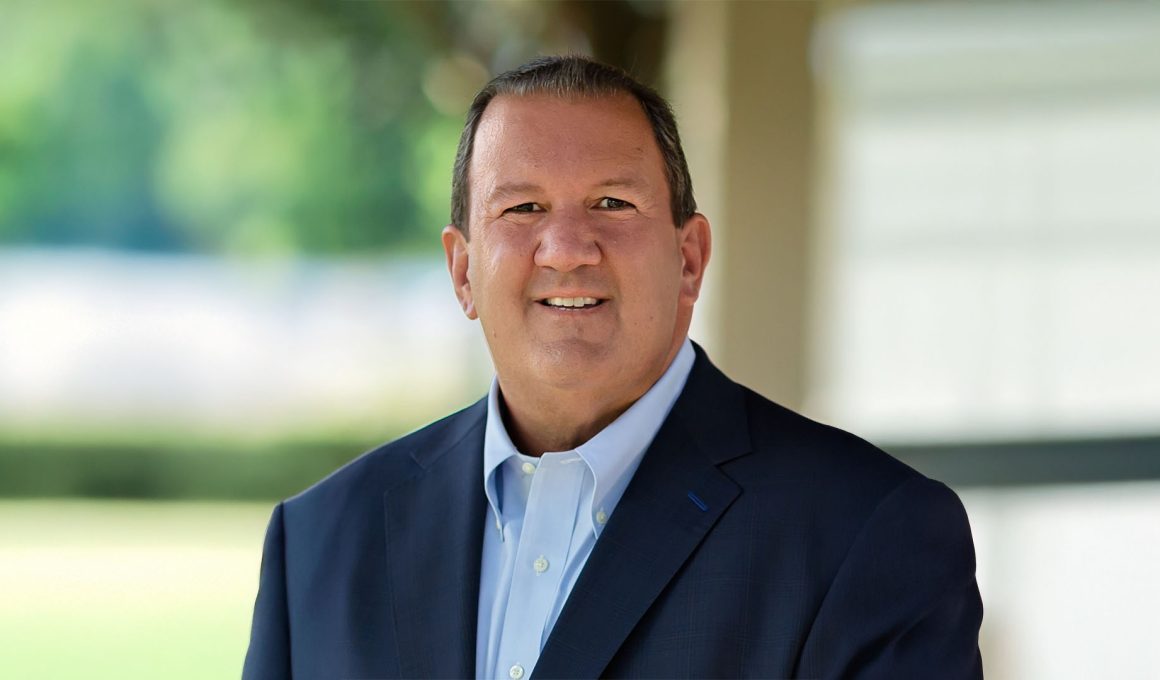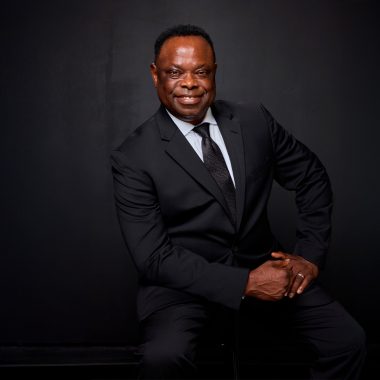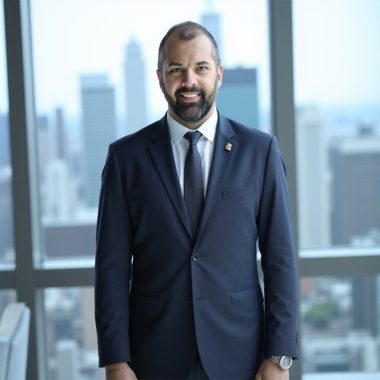Cross-border cyber investigations can quickly turn into disasters if you are not prepared. Different countries have vastly different laws on data privacy and evidence collection, and one mistake can destroy an entire case. Warren Kruse II has spent decades mastering how to navigate these legal minefields without compromising investigations or breaking international laws. His expertise comes from years of handling complex cases across multiple continents and learning from costly challenges along the way.
Start With the Legal Stuff, Not the Tech
Most people want to dive straight into the computers and start pulling data. Kruse takes a different approach. “The first thing I look for is the rules and local laws for whatever jurisdictions are involved, especially outside the US where there are things like GDPR to consider,” he explains. “There’s EU privacy, there’s Chinese state secrets.” This is not about being overly cautious, it is about preventing an investigation from collapsing before it even begins. Kruse has seen too many cases where investigators grabbed data first and asked questions later, only to discover that none of it could be used in court.
Involving Experts From the Start
Here is where most organizations get it wrong. They treat digital forensics like an emergency room visit instead of preventive care. “Getting us involved earlier is usually the key so we can help put the plan together,” Kruse says. “A lot of times they wait for the forensic expert, the forensic analysis, until the end.” By then, it is often too late. “The case has already started and they’re beginning to do things and then they say, hey, we should look at the computer,” he notes. The problem is simple: digital evidence does not wait. “The longer you wait, the data might not be there when you try to preserve it.”
Managing AI-Fueled Threats
Remember those fake emails with terrible grammar that were easy to spot? Those days are gone. “AI is top of mind for everyone. Deepfakes are top of mind for everyone,” Kruse says. “Dealing with deepfakes and falsified information is becoming harder and harder because it’s no longer obvious what’s real and what’s fake.” The sophistication is getting alarming. “We’ve all received those emails or text messages in the past where it was clear English wasn’t the sender’s primary language, or there were obvious grammar issues,” he explains. “With AI, they can not only make it sound polished, they can make it sound exactly like a specific person, and it will come out sounding just like that person.” His advice is simple: don’t trust emails at face value. “It’s a hassle, but don’t click on anything. If you think it’s your bank, open a browser and type the URL yourself.”
Avoiding Common Cyber Pitfalls
Kruse has no shortage of war stories about investigations gone wrong. One case still stands out: “I’ve literally received computers shipped from China, and I had to tell the client, you can’t send me this,” he recalls. By the time the equipment arrived, the damage was already done. “It’s too late when you realize the data needs to stay in mainland China or in Europe.” Mobile devices add another layer of complexity. “I hear all the time, ‘I don’t want to give up my mobile device.’ But if you’re using it for business, we need to examine that device.” Personal privacy concerns often collide with business needs, creating friction that slows investigations. We have become very good negotiating getting what is needed for the case but satisfying privacy concerns.
Recently, Kruse received the HTCIA Lifetime Achievement Award, a milestone that brought his career full circle. He started in 1996 as a police officer attending a high-tech crime investigation (HTCIA) conference. “I was amazed at what was going on back in ’96. HTCIA was what introduced me to this field,” he says. Today, he focuses on mentoring the next generation of forensic experts. “I’ve tried to give back, to mentor and educate people,” he reflects. Even when employees leave for new opportunities, he celebrates their success. “I’ve had employees call me, apologetic about resigning, but they’ll say, ‘I got my dream job, and I have to take it.’ I’m happy for them.”
The best time to plan your cyber investigation strategy is not when you are in the middle of one. “We all know that if we don’t plan, bad things generally happen,” Kruse points out. “Have a plan in place before something happens and test it out.” But a plan alone is not enough. “If you have a plan and you haven’t tested it, that might be an even bigger problem,” he warns. Tabletop exercises are critical because they expose gaps before real pressure hits. “I love doing tabletop exercises before the bell rings and you’re in an emergency situation.”
If you work in digital investigations or global compliance, Warren Kruse II’s insights on LinkedIn are a must-read for protecting your cases and your credibility.








